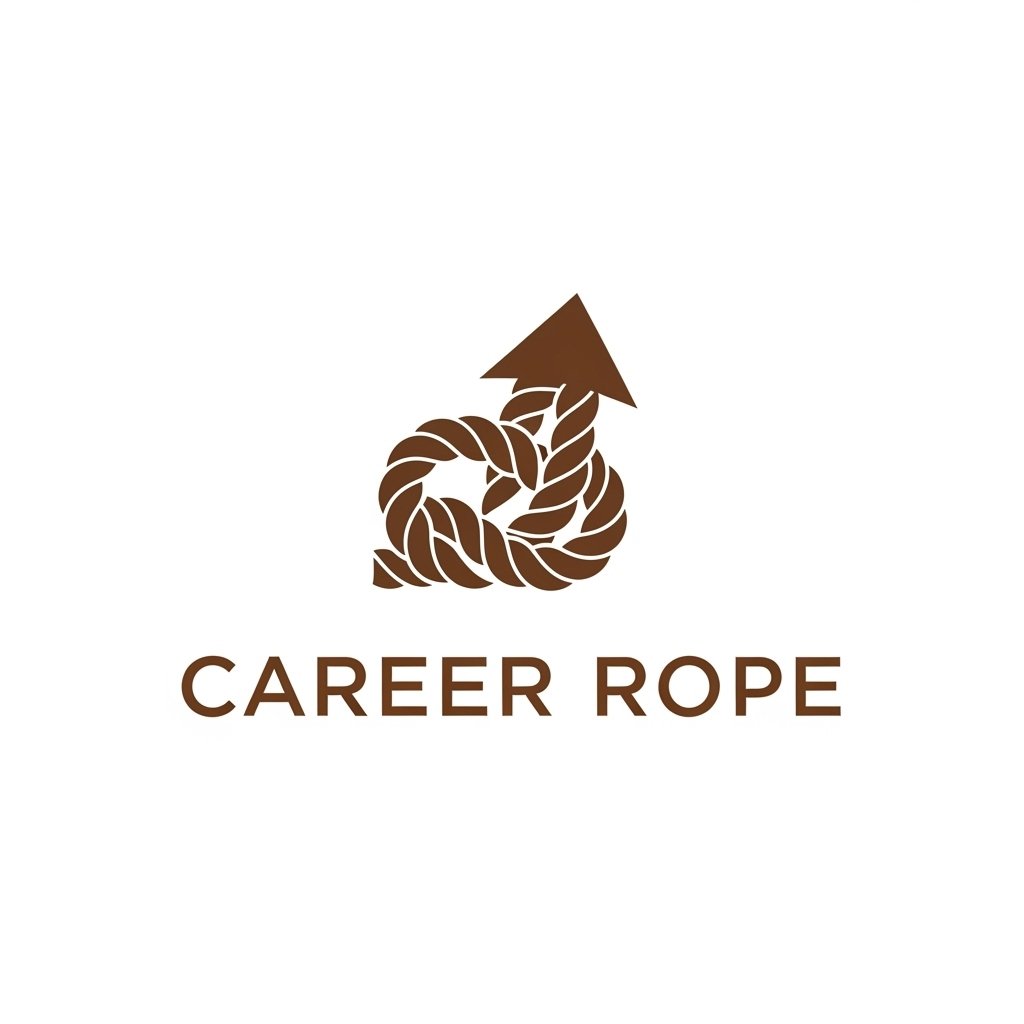Artificial intelligence is no longer a futuristic concept discussed in conference rooms; it’s a tangible force actively reshaping the front lines of healthcare. In hospitals and clinics worldwide, AI is transforming the very fabric of patient care and daily operations. From augmenting a doctor’s diagnostic capabilities to alleviating the administrative burdens that lead to burnout, this technological shift is creating a new clinical reality.
For HR and business leaders, this isn’t just a technology trend—it’s a talent revolution. The integration of AI is fundamentally altering the skills required in clinical roles, creating unprecedented recruitment challenges and opportunities. Understanding this new landscape is critical to building a workforce that can thrive.
The Clinician’s New Co-Pilot: A Human-AI Collaborative Model
The narrative of AI replacing doctors is giving way to a more accurate and powerful reality: a human-AI collaborative model. In this partnership, AI serves as a tireless, data-driven co-pilot, augmenting the skills of clinicians and allowing them to focus on what they do best: complex decision-making and empathetic patient interaction.
AI algorithms are now analyzing medical images with a speed and accuracy that can surpass human capabilities, helping to detect cancers earlier and predict life-threatening conditions like sepsis hours before symptoms appear. This doesn’t replace the radiologist or the ICU physician; it empowers them with deeper insights, turning them from sole knowledge-holders into expert interpreters of complex, AI-generated data. This shift is redefining the core of clinical expertise itself.
Curing Clinician Burnout: AI as a Workflow Optimizer
One of the most pressing crises in modern healthcare is the staggering administrative burden that contributes to clinician burnout. AI is emerging as a powerful antidote.
Automated clinical documentation tools, such as ambient listening and AI scribes, are dramatically reducing time spent on paperwork. The impact is profound: some studies show these tools can decrease documentation time by nearly 65%, giving physicians back more than two hours per day to focus on patients.
This optimization extends beyond individual clinicians to entire hospital systems. AI is being deployed to:
- Streamline Logistics: Predictive modeling forecasts patient admissions, optimizing the allocation of beds, staff, and equipment.
- Automate Administration: AI handles patient scheduling, billing, and claims processing, reducing errors and improving operational efficiency.
- Manage Patient Flow: Major health systems like HCA Healthcare are using AI platforms to gain hospital-wide visibility, manage capacity, and predict demand.
By automating these high-volume, low-complexity tasks, AI allows medical professionals to dedicate their energy to high-value patient care.
The Empowered Patient: A New Doctor-Patient Dynamic
A critical, and often overlooked, consequence of AI is the rise of the empowered patient. Patients are now arriving at appointments armed with sophisticated information and questions sourced from AI tools like ChatGPT. They are no longer passive recipients of care but active participants, using AI to research conditions, question diagnoses, and advocate for treatments.
This creates a new dynamic where physicians feel they are “in the hot seat,” their expertise tested in real-time. Patient expectations have soared; the value of a consultation is no longer measured by the recall of medical facts, but by the doctor’s ability to provide critical interpretation, nuanced judgment, and empathy—skills that AI cannot replicate.
The Talent Imperative: Recruiting for the New Clinical Reality
For HR and business leaders, this clinical transformation has direct and urgent implications for talent acquisition. The skills that defined clinical excellence a decade ago are no longer sufficient.
- The Rise of Hybrid Roles: We are seeing the emergence of new roles that blend clinical expertise with digital fluency. Hospitals are now hiring for positions like AI-assisted care planners and digital health strategists. The traditional physician role is evolving into a “Data Synthesizer,” while nursing roles are solidifying around the irreplaceable skills of human connection and empathy.
- A Widening Skills Gap: The demand for clinicians who can not only use AI tools but also critically evaluate their outputs is exploding. Job postings mentioning “AI in diagnostics” have grown 54% year-over-year, yet candidates with this rare combination of clinical workflow knowledge and machine learning literacy are exceptionally scarce.
- The New Non-Negotiables: Digital and AI literacy are fast becoming non-negotiable skills for clinical staff. Your recruitment process must evolve to screen for these competencies.
Is your organization prepared to recruit the clinical talent of tomorrow? The competition for professionals who can navigate this new, AI-driven reality is fierce. At CareerRope, we specialize in connecting healthcare leaders with the innovative talent needed to thrive in this new era.
Visit us at www.careerrope.com to learn how we can help you build your future-ready clinical team.


Leave a Reply